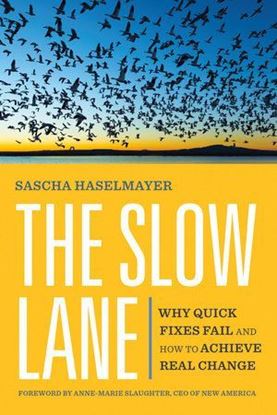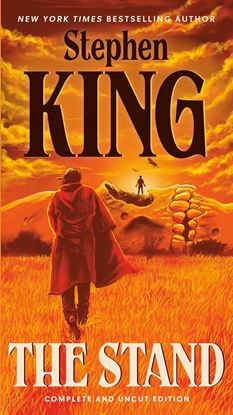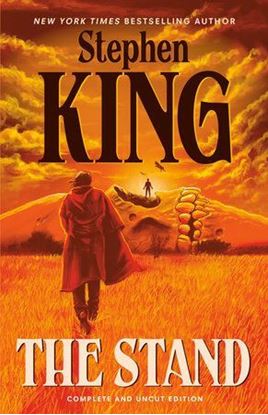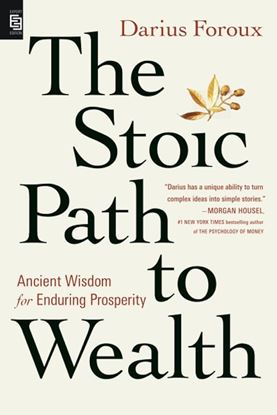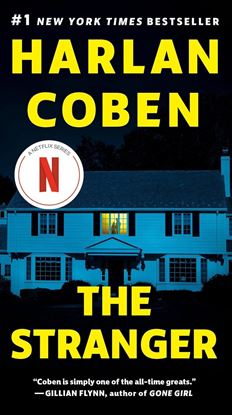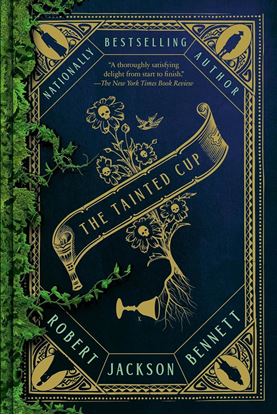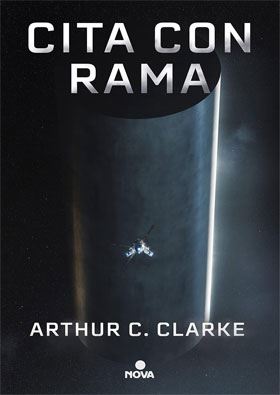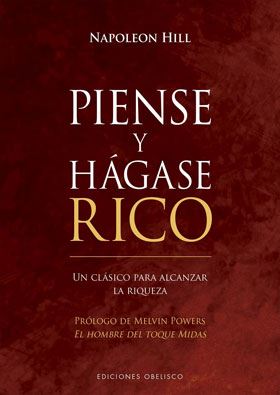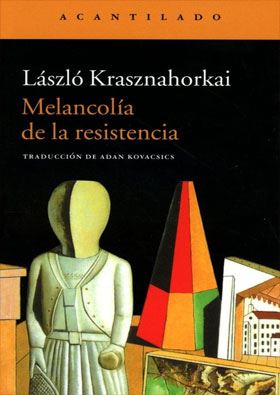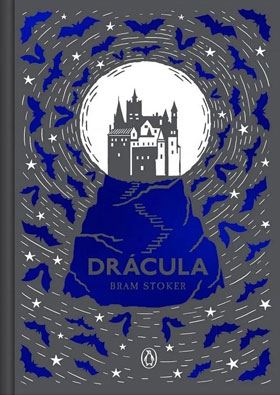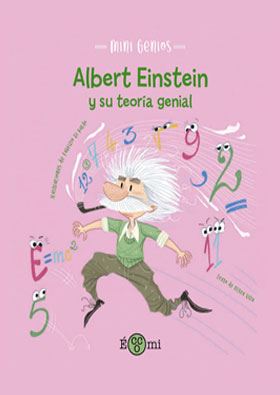

THE SLOW LANE
Avoid the speed trap! Discover how changemakers can find lasting solutions to urgent social problems through a proven 5-step process for listening thoughtfully, building broad support, and exploring unconventional options.
Society celebrates leaders who promise fast, easy solutions to the world’s problems—but quick fixes are just mirages that fade, leaving us with the same broken systems. The truth is, effective social change happens through slow, intentional actions.
1,450
1,233
THE STAND (MM)
The Stand is a truly terrifying reading experience, and became a four-part mini-series that memorably brought to life the cast of characters and layers of story from the novel. It is an apocalyptic vision of the world, when a deadly virus runs amok around the globe. But that lethal virus is almost benign compared to the satanic force gathering minions from those still alive to destroy humanity and create a world populated by evil.
900
765
THE STAND (PB)
A patient escapes from a biological testing facility, unknowingly carrying a deadly weapon: a mutated strain of super-flu that will wipe out 99 percent of the world’s population within a few weeks. Those who remain are scared, bewildered, and in need of a leader. Two emerge—Mother Abagail, the benevolent 108-year-old woman who urges them to build a peaceful community in Boulder, Colorado; and Randall Flagg, the nefarious “Dark Man,” who delights in chaos and violence. As the dark man and the peaceful woman gather power, the survivors will have to choose between them—and ultimately decide the fate of all humanity.
1,500
1,275
THE STOIC PATH TO WEALTH
The Stoics understood that if you can control your reactions and manage your emotions, you can achieve success. The same principles apply to our financial lives today. The greatest investors approach the markets with discipline, emotional distance, and self-mastery—lessons that the Stoics have been teaching us for thousands of years.
1,450
1,233
THE STRANGER (MM)
The Stranger appears out of nowhere, perhaps in a bar, or a parking lot, or at the grocery store. Their identity is unknown. Their motives are unclear. Their information is undeniable. Then they whisper a few words in your ear and disappear, leaving you picking up the pieces of your shattered world...
Adam Price has a lot to lose: a comfortable marriage to a beautiful woman, two wonderful sons, and all the trappings of the American Dream: a big house, a good job, a seemingly perfect life.
Then he runs into the Stranger. When he learns a devastating secret about his wife, Corinne, he confronts her, and the mirage of perfection disappears as if it never existed at all. Soon Adam finds himself tangled in something far darker than even Corinne's deception, and realizes that if he doesn't make exactly the right moves, the conspiracy he’s stumbled into will not only ruin lives—it will end them.
750
638
THE TAINTED CUP (PB)
In Daretana’s greatest mansion, a high imperial officer lies dead—killed, to all appearances, when a tree erupted from his body. Even here at the Empire’s borders, where contagions abound and the blood of the leviathans works strange magical changes, it’s a death both terrifying and impossible.
Assigned to investigate is Ana Dolabra, a detective whose reputation for brilliance is matched only by her eccentricities. Rumor has it that she wears a blindfold at all times, and that she can solve impossible cases without even stepping outside the walls of her home.
At her side is her new assistant, Dinios Kol, magically altered in ways that make him the perfect aide to Ana’s brilliance. Din is at turns scandalized, perplexed, and utterly infuriated by his new superior—but as the case unfolds and he watches Ana’s mind leap from one startling deduction to the next, he must admit that she is, indeed, the Empire’s greatest detective.
1,450
1,233

